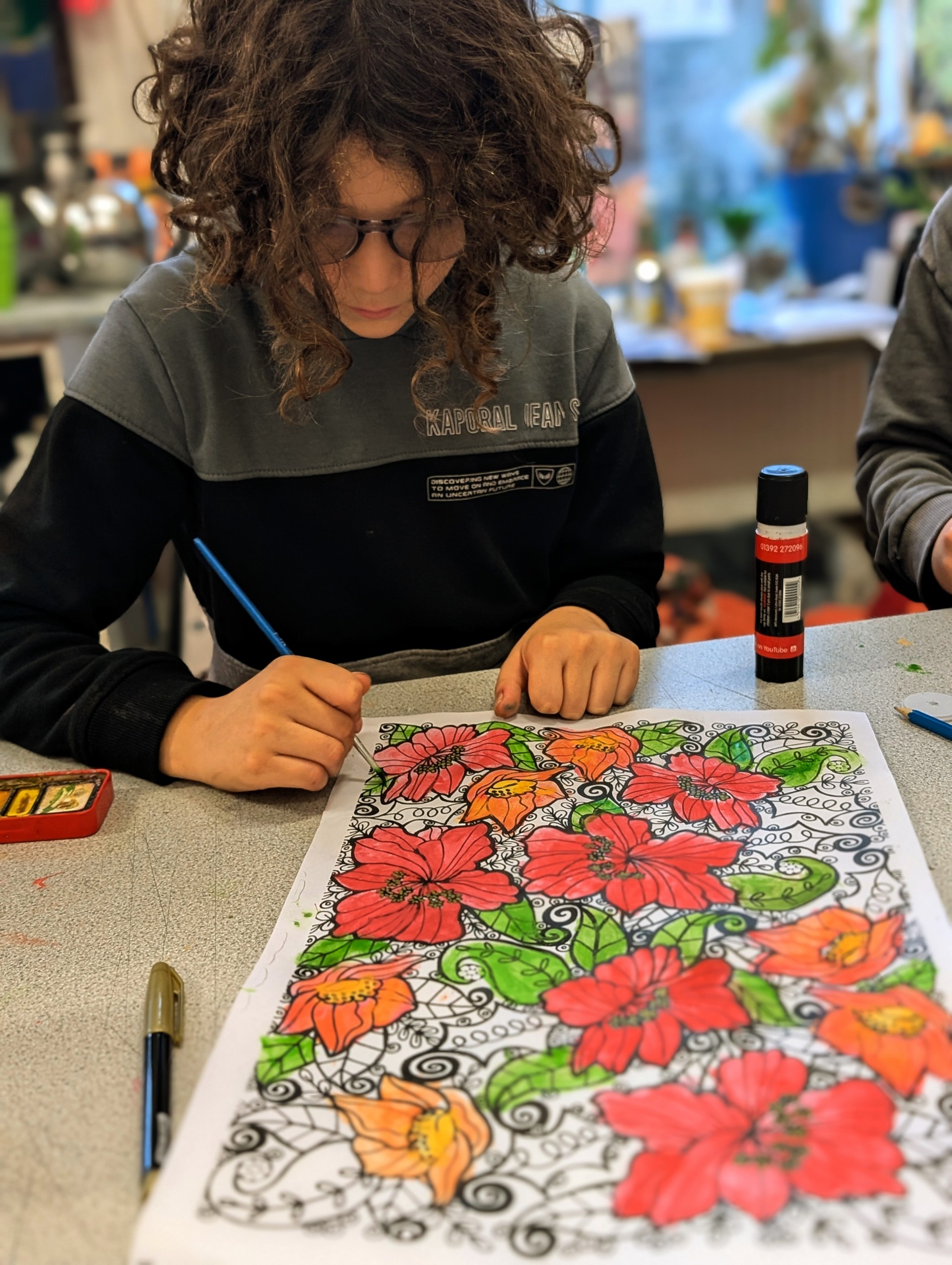We all have mental health, and we all experience the highs and lows of day-to-day life. When we experience good mental health, we feel emotionally well. We feel positive and focused; we are able to cope with the demands of everyday life, and engage with things we care and are passionate about. However, when we struggle with our mental health, we can feel overwhelmed by our emotions and this can be challenging to deal with.
This week in school, through assemblies and PSHE lessons, we have been celebrating Children’s Mental Health Week. The charity Place2be launched the first ever Children’s Mental Health week in 2015 and now, in its 8th year, it could be argued that the week is needed more than ever; a recent study commissioned by the Department of Health and Social Care found that 1 in 6 young people suffered from some form of mental health problem, such as depression or anxiety, by their 24th birthday. To help tackle this challenge, the week aims to shine a spotlight on the importance of children’s and young people’s mental health.
We can experience mental health problems, such as anxiety and depression, at any age. However, childhood, adolescence and young adulthood represent a particularly important time to develop emotional and physical wellbeing, good mental health, and healthy coping strategies. This is particularly vital, given the well-documented pressures of day-to-day life for young people: social media, exams, and multiple lockdowns, to name just a handful.
Our role as educators and parents is to provide young people with a support network in which they feel comfortable talking about, and expressing, their emotions and feelings. We may feel this is a given, but according to recent estimates by the Mental Health of Children and Young People in England, nearly 1 in 4 children (24.1%) with a mental health problem had no contact with either professional or informal (e.g. family’s or friends’) support for worries about their mental health. The Mental Health Foundation conducted a survey with YouGov in August 2019 (of 2,522 UK young adults aged 16–25) and found that just under 1 in 7 young people (14%) say they do not feel they have a trusted adult they could go to for advice and support if they were experiencing a problem (e.g. financial, mental health etc.).
💬 Time to talk
One way we, as adults, can help, is to provide children and young people with the chance to talk about how they are feeling, and for them to understand that it’s OK not to be OK. Social support (the support we get from family, friends, teachers, etc.) has been consistently linked with better mental health and wellbeing.
The Mental Health Foundation encourages young people and families to talk openly about mental health. Talk about the importance of exercise, good sleep and staying connected with friends and family – this in turn can help remove the stigma of mental health.
It is important for children and young adults to learn and understand that there is a spectrum of mental health, and that we can move back and forth along this spectrum throughout our lives. Talking about difficult feelings with those we trust is not only a brave thing to do but also a helpful tool in feeling better.
For more information about anything I’ve talked about in this blog, please don’t hesitate to get in touch. Alternatively, the list below provides some websites that may help provide help and support.
- The mental health charity Mind has a whole range of information and support information for children and parents on their website.
- Young Minds provide useful information for young people and their parents about mental health, seeking treatment and the mental health system.
- The NHS website is a useful place to find out about all kinds of illnesses, including mental health problems.
- Mind Ed for Families is a website developed by Health Education England and the Department of Education to help families understand and support their children, from parenting tips to getting help in a crisis.
Mr James Kelly
Year 3 Form Tutor, Games Teacher and Head of PSHE & RSE




















